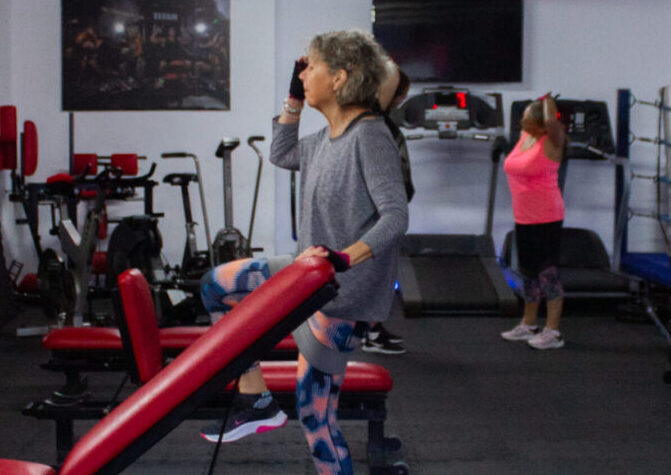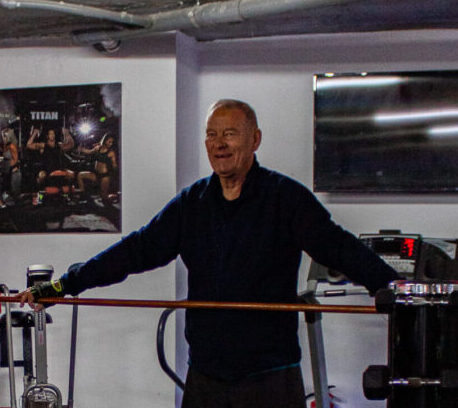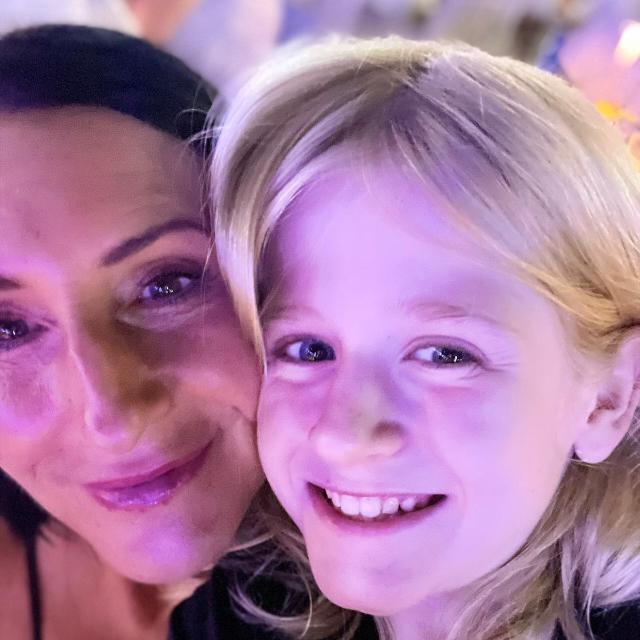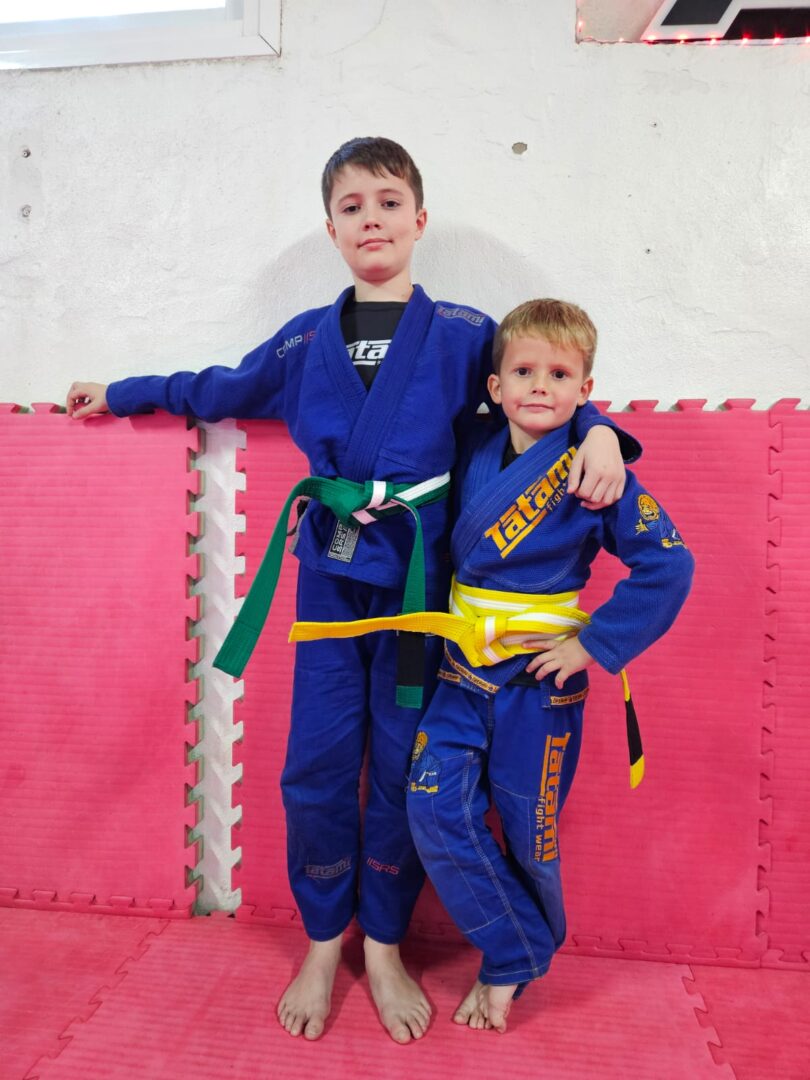Cultivating Resilience: Brazilian Jiu-Jitsu for Focused and Disciplined Children
Brazilian Jiu-Jitsu (BJJ) cultivates focus, discipline, and self-assurance in children. More than an extracurricular activity, BJJ offers an engaging framework for developing essential life skills within a supportive environment.
Holistic Development: The Enduring Appeal of BJJ
Parents seek activities that spark passion, encourage physical activity, and equip their children to thrive.
BJJ offers a comprehensive approach to child development, intertwining physical conditioning with mental acuity and practical self-defense skills.
BJJ creates a dynamic space where children discover inner strength, cultivate perseverance, and become confident individuals.
The principles instilled through BJJ influence every aspect of a child’s life. Mastering new techniques increases self-esteem.
Strategic thinking sharpens focus, and collaboration with training partners enhances social skills.
Self-trust translates into making positive choices.
Learning a complex sequence of movements in BJJ demands patience, repetition, and a willingness to make mistakes.
Overcoming this challenge instills a sense of accomplishment and builds resilience – the ability to bounce back from setbacks.
This resilience translates directly to academic pursuits, social interactions, and future career endeavors, equipping children with a valuable mindset for tackling challenges in all areas of their lives.
Building a Foundation for Success
Adaptability, critical thinking, and the ability to perform under pressure are essential. BJJ training directly addresses these demands. Children learn to focus, assess situations strategically, and execute plans effectively. Mastering new skills empowers them to take calculated risks and view failure as a learning opportunity.
Personalized Growth Through Tailored Training
BJJ programs accommodate varying age groups and skill levels, ensuring a challenging, yet supportive, experience.
Classes are structured to be engaging and fun, nurturing a love for learning while providing appropriate instruction and guidance.
This allows children to build a strong foundation in BJJ fundamentals without feeling overwhelmed.
The curriculum adapts to each child’s cognitive and physical abilities, progressing from basic movements and escapes to more advanced grappling techniques.
Experienced instructors serve as mentors, providing personalized attention to help students advance at their own speed.
They foster an inclusive atmosphere where children feel empowered to push their boundaries, celebrate achievements, and develop a lasting appreciation for learning.
A beginner class for young children might focus on fundamental movements like shrimping (a mobility drill) and basic escapes.
The emphasis is on developing coordination, balance, and body awareness. As children progress, they learn more complex techniques such as submissions and sweeps.
The curriculum is carefully structured to build upon previously learned skills, ensuring a gradual learning experience.
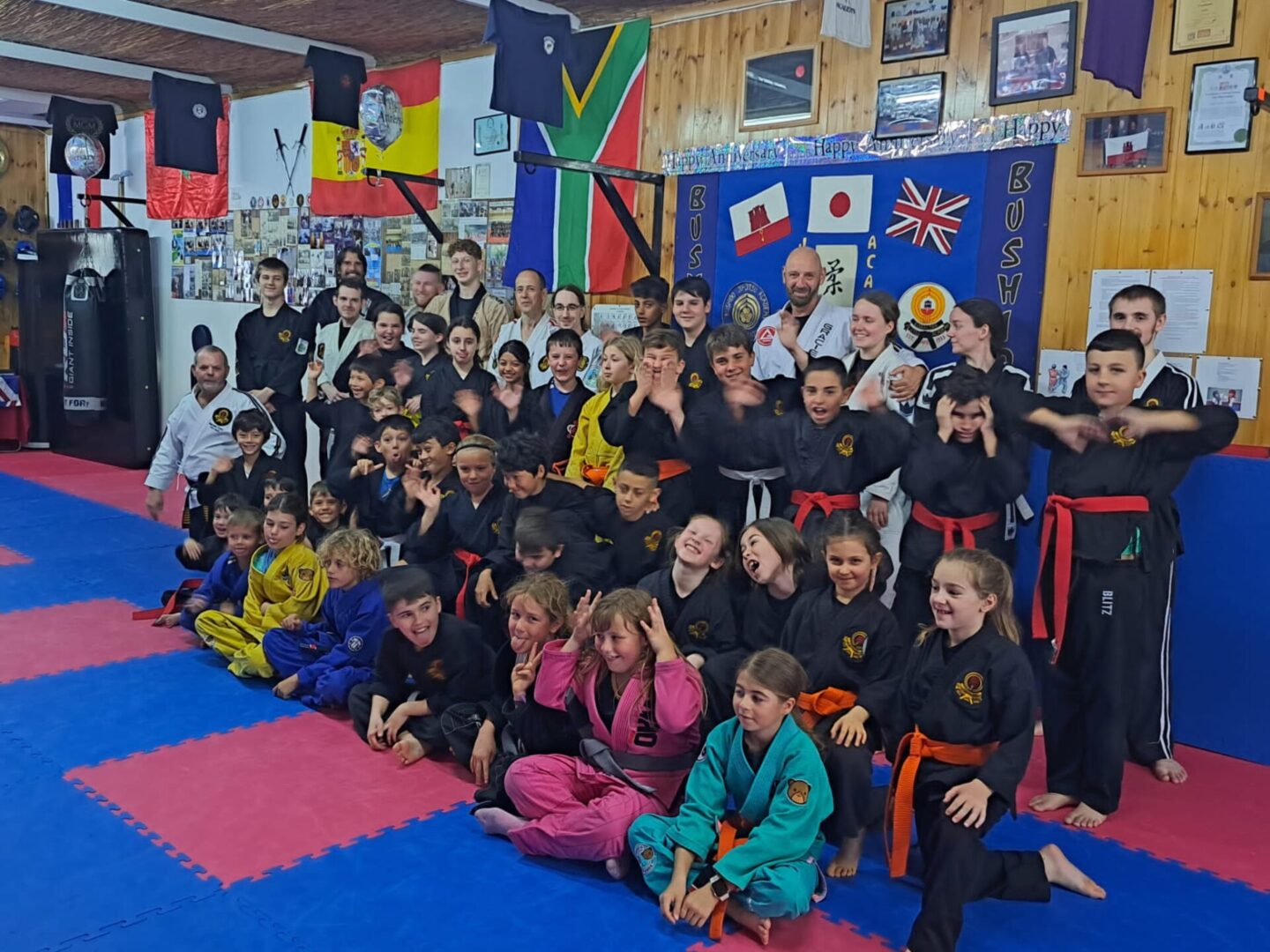
The Role of the Instructor
BJJ instructors are mentors who guide children on a path of personal growth. A good instructor possesses technical expertise and the ability to connect with children, understand their individual needs, and provide encouragement.
They closely monitor progress and adjust their approach, ensuring every child reaches their full potential. They act as role models, instilling self-discipline, respect, and a strong work ethic. When selecting a BJJ program, parents should inquire about the instructor’s experience, qualifications, and approach to teaching, looking for patience, encouragement, and a commitment to creating a positive learning environment.
Instructor Qualifications
Reputable BJJ schools often require instructors to have years of experience, a demonstrable understanding of BJJ principles, and a commitment to ongoing professional development. Some instructors may also hold certifications in first aid and child safety.
Teach Your Child Real Brazilian Jiu-Jitsu
Cultivating Essential Life Skills Beyond Self-Defense
While self-defense is a component of BJJ, the true value lies in developing essential life skills such as discipline, focus, persistence, and respect. These qualities empower children to overcome challenges. It is about character development and instilling values that shape children into successful, responsible individuals.
In BJJ, discipline is about developing the intrinsic motivation to train consistently, push oneself, and adhere to a code of conduct. This intrinsic motivation translates into a strong work ethic and a commitment to achieving goals.
Understanding and Practicing Respect
Respect in BJJ encompasses respecting training partners, instructors, and the art itself. This includes understanding one’s limitations, prioritizing safety, and acknowledging the lineage and traditions of BJJ. Children learn to treat others with empathy, fostering a sense of community.
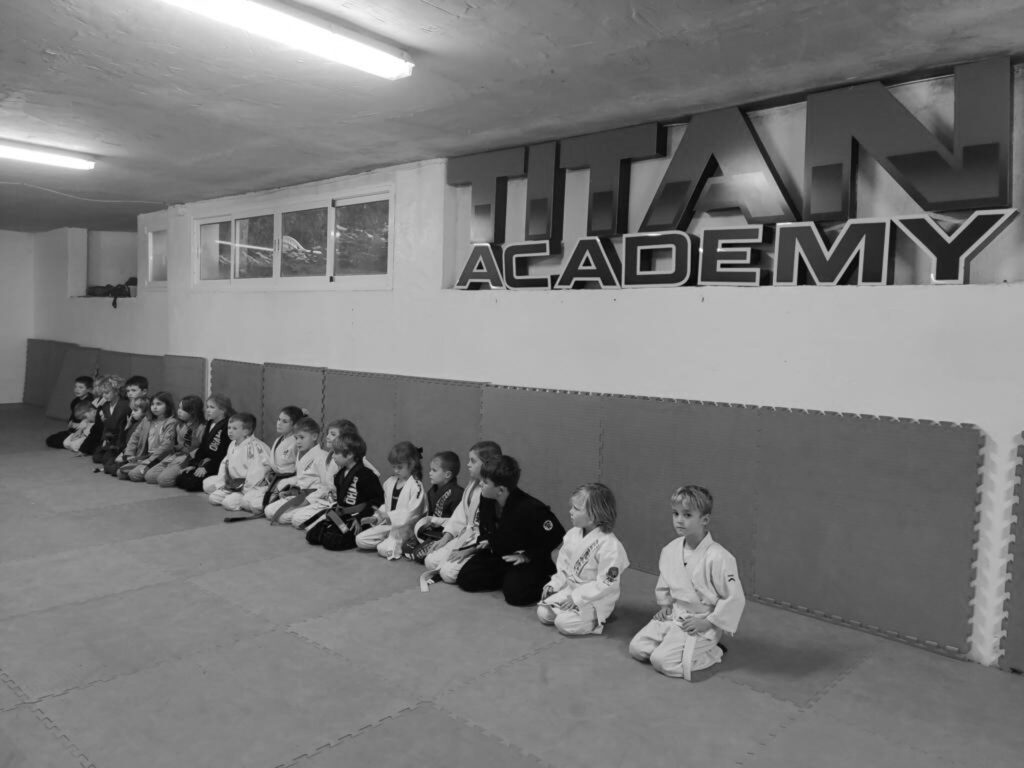
Teach Your Child Real Brazilian Jiu-Jitsu
Physical and Mental Advantages: Health and Well-being
BJJ provides an effective means for children to develop a healthy lifestyle.
Regular training enhances cardiovascular fitness, builds strength, improves flexibility, and refines coordination and motor skills.
BJJ training helps children maintain a healthy weight, promotes physical well-being, and strengthens their bodies.
Beyond the physical benefits, BJJ cultivates mental well-being. The focus and discipline required sharpen concentration, reduce stress, and boost self-esteem.
Achieving new skills provides a sense of accomplishment, empowering children to believe in their abilities. The need for constant focus can be meditative, improving mental well-being.
The physical demands of BJJ involve grappling, wrestling, and submission techniques, engaging nearly every muscle group.
From explosive takedowns to sustained isometric contractions, BJJ provides a full-body workout that improves strength, endurance, and flexibility.
Adapting and reacting to an opponent also enhances coordination and reflexes.
The BJJ Family: Building Community
BJJ classes create a supportive community where children forge friendships and develop vital social skills. Training with peers cultivates a sense of belonging. Children learn to cooperate, communicate, and support one another, fostering teamwork and empathy.
The BJJ community extends beyond the training mat. Many schools organize social events, providing opportunities for students and their families to connect. Senior students often mentor younger students. This fosters a strong support network, helping children feel connected and valued. The structured environment teaches children how to interact respectfully with authority figures and follow instructions. They learn to value teamwork, build trust, and resolve conflicts peacefully.
Instructors and senior students can serve as mentors, providing guidance, support, and encouragement. They instill values such as discipline, respect, and perseverance. Positive role models found in the BJJ community can make a difference.
The Enduring BJJ Advantage
Enrolling a child in BJJ is an investment in their future. BJJ offers fitness, mental discipline, and essential life skills, empowering children to thrive. It builds self-confidence, sharpens focus, develops social skills, and instills values that guide them toward success.
By offering a structured environment, BJJ empowers children to reach their full potential and become confident individuals. This shapes children into resilient, respectful individuals prepared to positively impact the world.

